War is an instrument entirely inefficient toward redressing wrong; and multiplies, instead of indemnifying losses
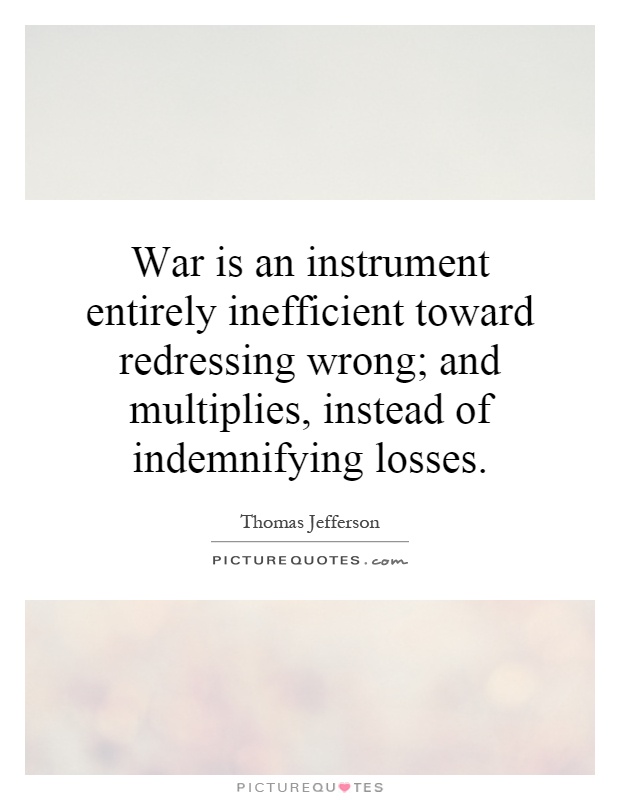
War is an instrument entirely inefficient toward redressing wrong; and multiplies, instead of indemnifying losses
Thomas Jefferson, the third President of the United States, was a firm believer in the idea that war was an ineffective means of resolving conflicts and addressing wrongs. He famously stated, "War is an instrument entirely inefficient toward redressing wrong; and multiplies, instead of indemnifying losses." This sentiment reflects Jefferson's deep understanding of the devastating consequences of war and his commitment to finding peaceful solutions to conflicts.Jefferson's views on war were shaped by his experiences as a statesman and diplomat, as well as his study of history and philosophy. He believed that war only served to perpetuate violence and suffering, rather than achieving justice or resolving disputes. Instead, Jefferson advocated for diplomacy, negotiation, and compromise as the most effective ways to address conflicts and promote peace.
Throughout his presidency, Jefferson worked tirelessly to avoid war and promote peaceful resolutions to international disputes. He famously negotiated the Louisiana Purchase with France in 1803, peacefully expanding the territory of the United States and avoiding a potential conflict with a European power. Jefferson also sought to maintain neutrality in the ongoing conflicts between France and Britain, recognizing the dangers of being drawn into a war that would only result in further loss and suffering.

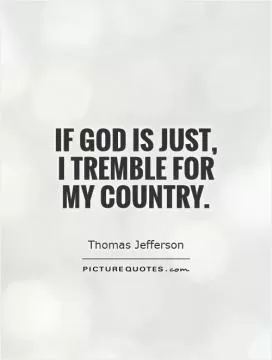
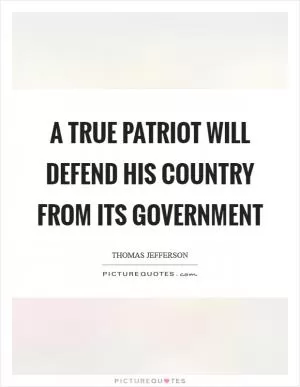
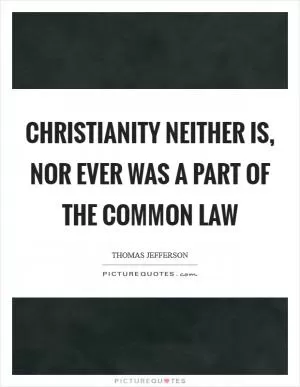
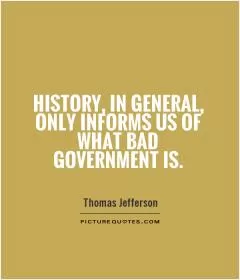


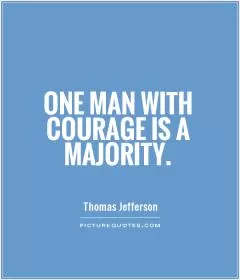
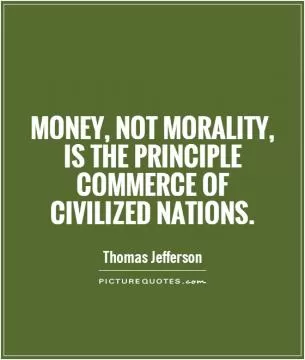
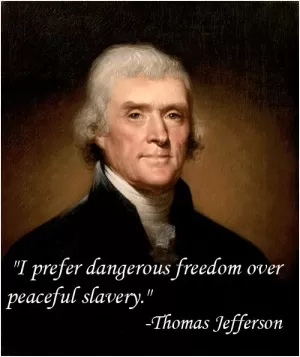
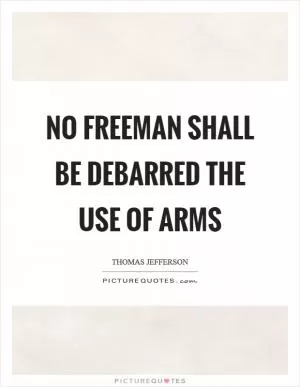
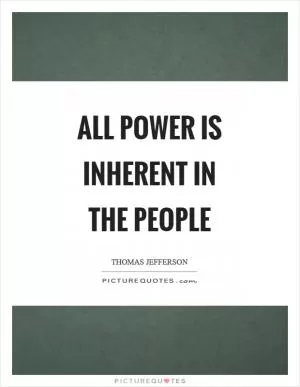
 Friendship Quotes
Friendship Quotes Love Quotes
Love Quotes Life Quotes
Life Quotes Funny Quotes
Funny Quotes Motivational Quotes
Motivational Quotes Inspirational Quotes
Inspirational Quotes